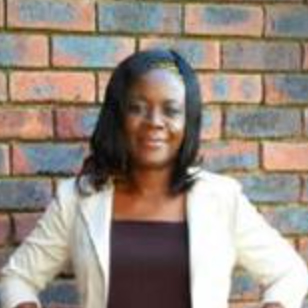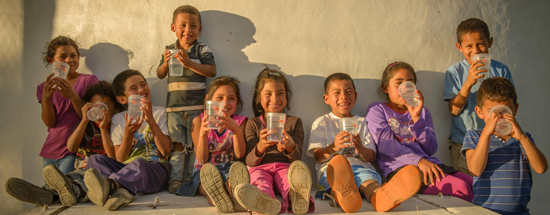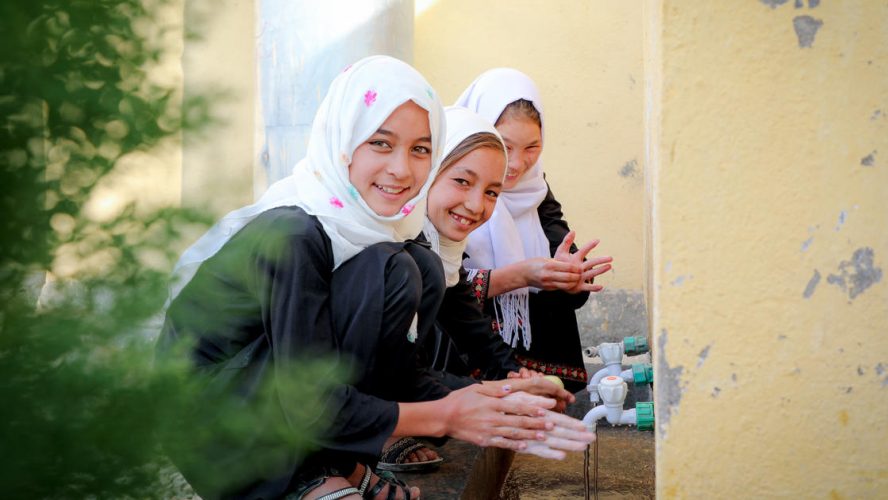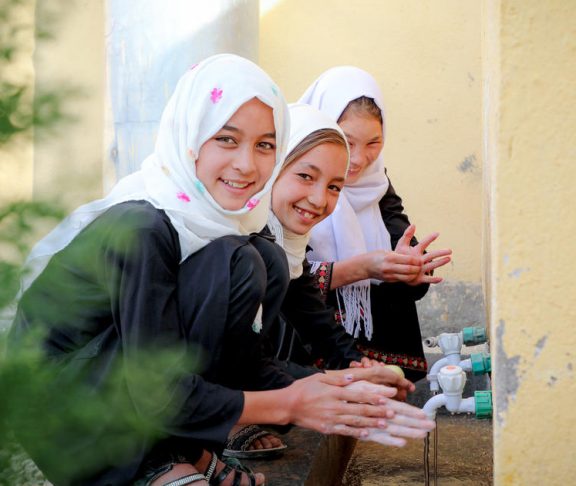
Pauline Okumu
Senior Director, WASH Operations, World Vision International

Dr Ray Norman
WASH Global Sector Lead, World Vision International
Ensuring vulnerable communities have access to clean water requires partnership, principles for sustainability, behaviour change and a strong focus on quality from start-to-finish.
Most of us take access to clean water for granted. But when it isn’t available, life is an unimaginably difficult daily struggle — a hardship that is almost impossible to comprehend.
Dr Ray Norman, WASH (Water, Sanitation and Hygiene) Global Sector Lead with international Christian humanitarian organisation World Vision, remembers a community in Mali that was based 6km away from the nearest source of water. Women and girls usually had the job of fetching it, and the round trip took them hours.
Then a well was drilled which gave everyone immediate local access to clean water — and the results were revolutionary.
“I was particularly touched by the impact it had on women,” says Norman. “Suddenly they had time to devote to their children, so it was very empowering for them, and the girls were able to go to school. It took enormous stress off the community. Clean water has a huge effect on health and education — and livelihoods, too, because it frees people up to become income generators.”

Why installing water points is not enough
Yet, tragically, 2.2 billion people around the world lack safe drinking water (WHO & UNICEF, 2019) and, more than 800 children under 5 die each day from diarrhoea as a result of unsafe drinking-water, sanitation and hand hygiene (WHO, 2019)
Pauline Okumu is Senior Director, WASH Operations at World Vision. “Those who are most vulnerable to a lack of access to clean water include people with disabilities; people in crisis; people living in fragile contexts, such as refugees; women and girls, and the poorest of the poor,” she says.
“It’s also an issue for people in marginalised, remote areas where there is poor infrastructure, such as bad or under-developed roads.”
Water points — where people can go to draw water for their day-to-day consumption — are important, but simply providing them is not enough, admits Norman. That’s because water quality must be ensured all the way to the point of use.
“For a long time, we focused on the importance of giving people access to water,” he says. “But we realised that water access alone does not always result in desired health outcomes”.
“We have to work on better sustained behaviour change around water management and safety. If efforts to improve water access are not equally matched with improved hygiene practice and sanitation measures, these communities will continue to experience diseases that result in fatalities and debilitating effects.”
Clean water has a huge effect on health and education — and livelihoods, too, because it frees people up to become income generators.
Instigating behaviour change and creating partnerships
Okumu agrees that working with people to develop healthy WASH behaviours are critical. “For example, we need to give people guidance about the importance of hand-washing,” she says. This simple practice can deter a lot of diseases, as the COVID-19 pandemic is teaching us.
She recognises that implementing sustained change is a long-term process; but if the UN’s Sustainable Development Goal 6 (‘ensuring access to clean water and sanitation for all’) is to be achieved, challenges around hygiene must be faced.
Plus, at a global strategy level, Okumu notes that sustainable policies and plans must be put into place to ensure that water systems are built well, maintained consistently, and monitored effectively.
Involving and empowering communities
However, if this is to work, strong partnerships are needed between various actors including governments, funders, peers and private organisations.
“Government entities often need our encouragement and collaborative support (in training, equipment and/or needed protocols) to establish regular monitoring of water quality and functionality” says Norman. “And we have to empower communities to maintain their own water systems — and maintain them safely.”
This means that the NGOs (non-governmental organisations) and CBOs (community-based organisations) implementing these changes in the field must engage with village health workers and faith leaders, and involve all community members including women, people with disabilities and children: the very people that will benefit most from access to clean water and better hygiene practices.
“Don’t plan for people,” says Norman. “Plan with them. And move towards evidence-based initiatives and practices that, over time, will result in real change.”
Citation: Progress on household drinking water, sanitation and hygiene 2000-2017. Special focus on inequalities. New York: United Nations Children’s Fund (UNICEF) and World Health Organization (WHO), 2019
– WHO, 2019 – https://www.who.int/news-room/fact-sheets/detail/drinking-water
– Wash data, 2019 – https://www.washdata.org/sites/default/files/documents/reports/2019-07/jmp-2019-wash-households.pdf

